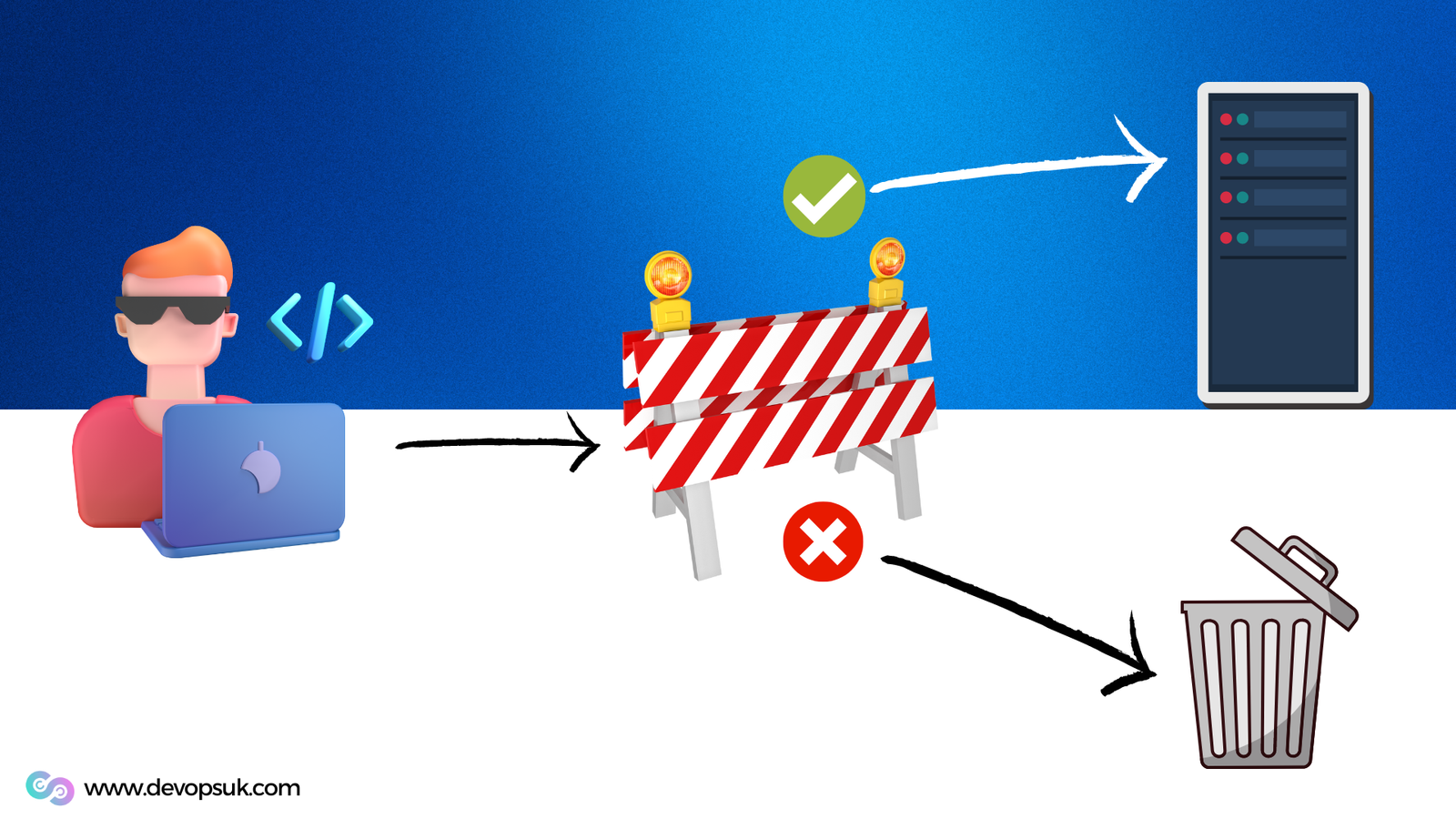
You Build It, You Run It: A Comprehensive Guide
Dive into the ‘You Build It, You Run It’ philosophy in software development. Learn how it encourages ownership, enhances quality, and speeds up delivery. Understand the challenges it brings and the steps required to implement this approach in your organisation.








